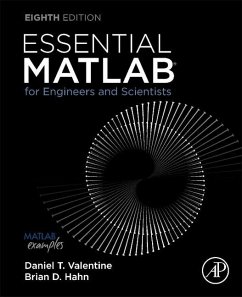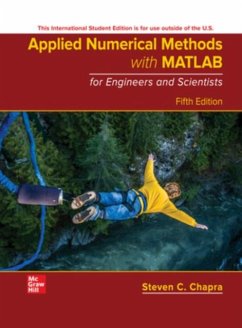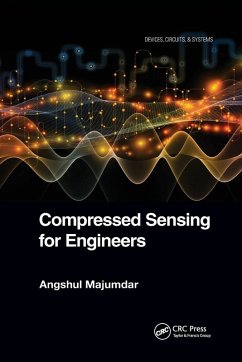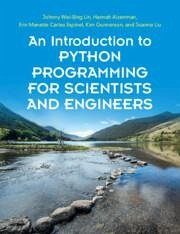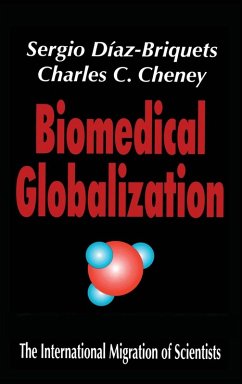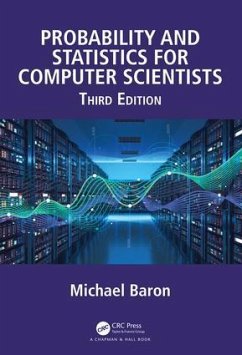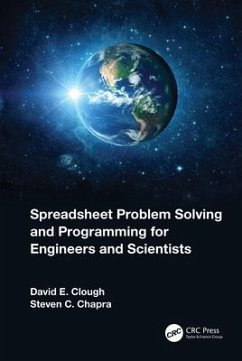
MATLAB Programming for Biomedical Engineers and Scientists

PAYBACK Punkte
34 °P sammeln!
MATLAB Programming for Biomedical Engineers and Scientists, Second Edition provides an easy-to-learn introduction to the fundamentals of computer programming in MATLAB. The book explains the principles of good programming practice, while also demonstrating how to write efficient and robust code that analyzes and visualizes biomedical data. Aimed at the biomedical engineering student, biomedical scientist and medical researcher with little or no computer programming experience, this is an excellent resource for learning the principles and practice of computer programming using MATLAB. The book ...
MATLAB Programming for Biomedical Engineers and Scientists, Second Edition provides an easy-to-learn introduction to the fundamentals of computer programming in MATLAB. The book explains the principles of good programming practice, while also demonstrating how to write efficient and robust code that analyzes and visualizes biomedical data. Aimed at the biomedical engineering student, biomedical scientist and medical researcher with little or no computer programming experience, this is an excellent resource for learning the principles and practice of computer programming using MATLAB. The book enables the reader to analyze problems and apply structured design methods to produce elegant, efficient and well-structured program designs, implement a structured program design in MATLAB, write code that makes good use of MATLAB programming features, including control structures, functions and advanced data types, and much more.




